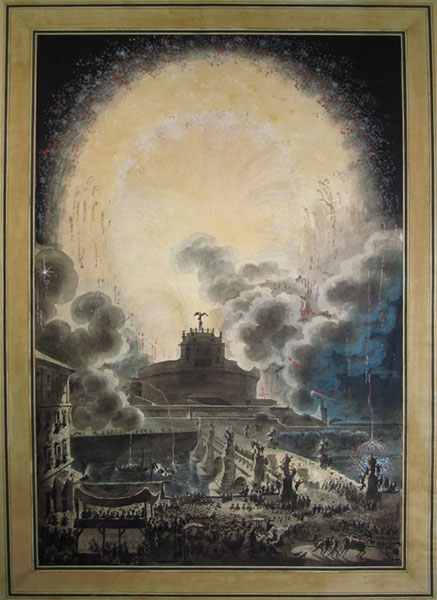O EPISÓDIO DO VELHO DE RESTELO: VATICÍNIO E ECO LITERÁRIO
Palavras-chave:
Poesia portuguesa, Romance português, Contra-ideologia.Resumo
Este artigo compreende uma análise da fala do “velho do Restelo”, contida em Os Lusíadas, que retoma o coro grego em sua sabedoria, voz da razão e da consciência. Essa fala é retomada posteriormente por Fernando Pessoa em Mensagem e por José Saramago com a Fala do velho do Restelo em Poemas Possíveis e em Memorial do Convento. Em Os Lusíadas, há crítica à expansão marítima, à cobiça e à conseqüente expansão da fé católica. Em Mensagem, Fernando Pessoa mostra dois pontos de vista opostos: crítica à expansão, devido às perdas e sofrimentos lusitanos e, em seguida, valorização do sofrimento, engrandecendo a conquista e o sacrifício. Em Os Poemas Possíveis, Saramago faz menção à corrida espacial e à Guerra do Vietnã por meio da “fome” e do “napalme”, fazendo assim uma crítica à desvalorização da essência da vida. Em Memorial do Convento, o autor critica a construção do Convento de Mafra, no qual os homens abandonaram suas esposas e filhos para trabalhar em prol do progresso. O coro da tragédia grega possui essa voz da sabedoria, retomada justamente na literatura, pela fala do “velho do Restelo”.
Downloads
Downloads
Publicado
Como Citar
Edição
Seção
Licença
Copyright (c) 2007 Autores mantêm os direitos autorais e concedem à revista o direito de primeira publicação, com o trabalho simultaneamente licenciado sob CC-BY-NC-SA 4.0 que permite o compartilhamento do trabalho com indicação da autoria e publicação inicial nesta revista

Este trabalho está licenciado sob uma licença Creative Commons Attribution-NonCommercial-ShareAlike 4.0 International License.
Aviso de Direito Autoral Creative Commons
Política para Periódicos de Acesso Livre
Autores que publicam nesta revista concordam com os seguintes termos:
1. Autores mantêm os direitos autorais e concedem à revista o direito de primeira publicação, com o trabalho simultaneamente licenciado sob a Licença Creative Commons Attribution que permite o compartilhamento do trabalho com reconhecimento da autoria e publicação inicial nesta revista.
2. Autores têm autorização para assumir contratos adicionais separadamente, para distribuição não-exclusiva da versão do trabalho publicada nesta revista (ex.: publicar em repositório institucional ou como capítulo de livro), com reconhecimento de autoria e publicação inicial nesta revista.
3. Autores têm permissão e são estimulados a publicar e distribuir seu trabalho online (ex.: em repositórios institucionais ou na sua página pessoal) a qualquer ponto antes ou durante o processo editorial, já que isso pode gerar alterações produtivas, bem como aumentar o impacto e a citação do trabalho publicado (Veja O Efeito do Acesso Livre).
Licença Creative Commons
Esta obra está licenciada com uma Licença Creative Commons Atribuição-NãoComercial-CompartilhaIgual 4.0 Internacional, o que permite compartilhar, copiar, distribuir, exibir, reproduzir, a totalidade ou partes desde que não tenha objetivo comercial e sejam citados os autores e a fonte.



